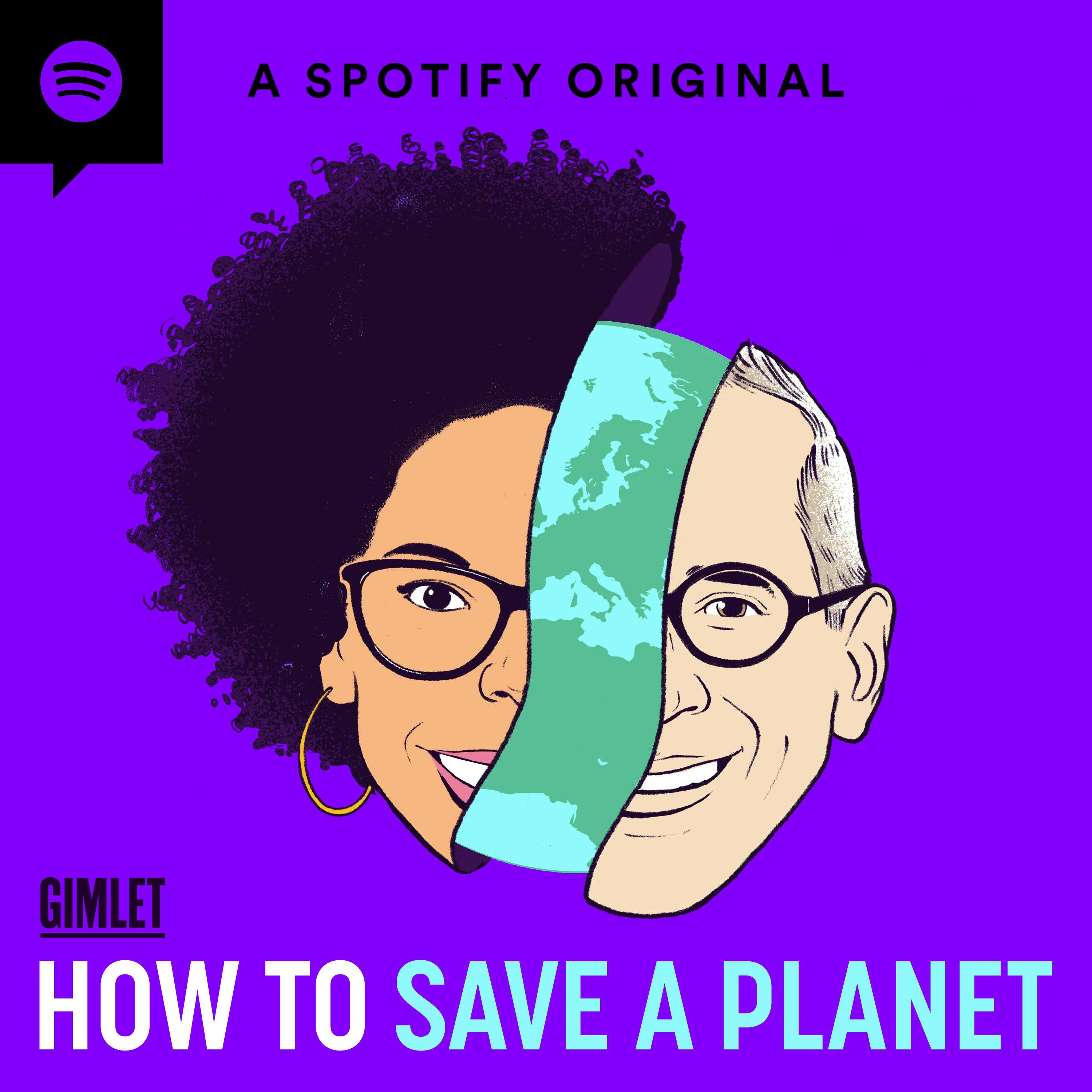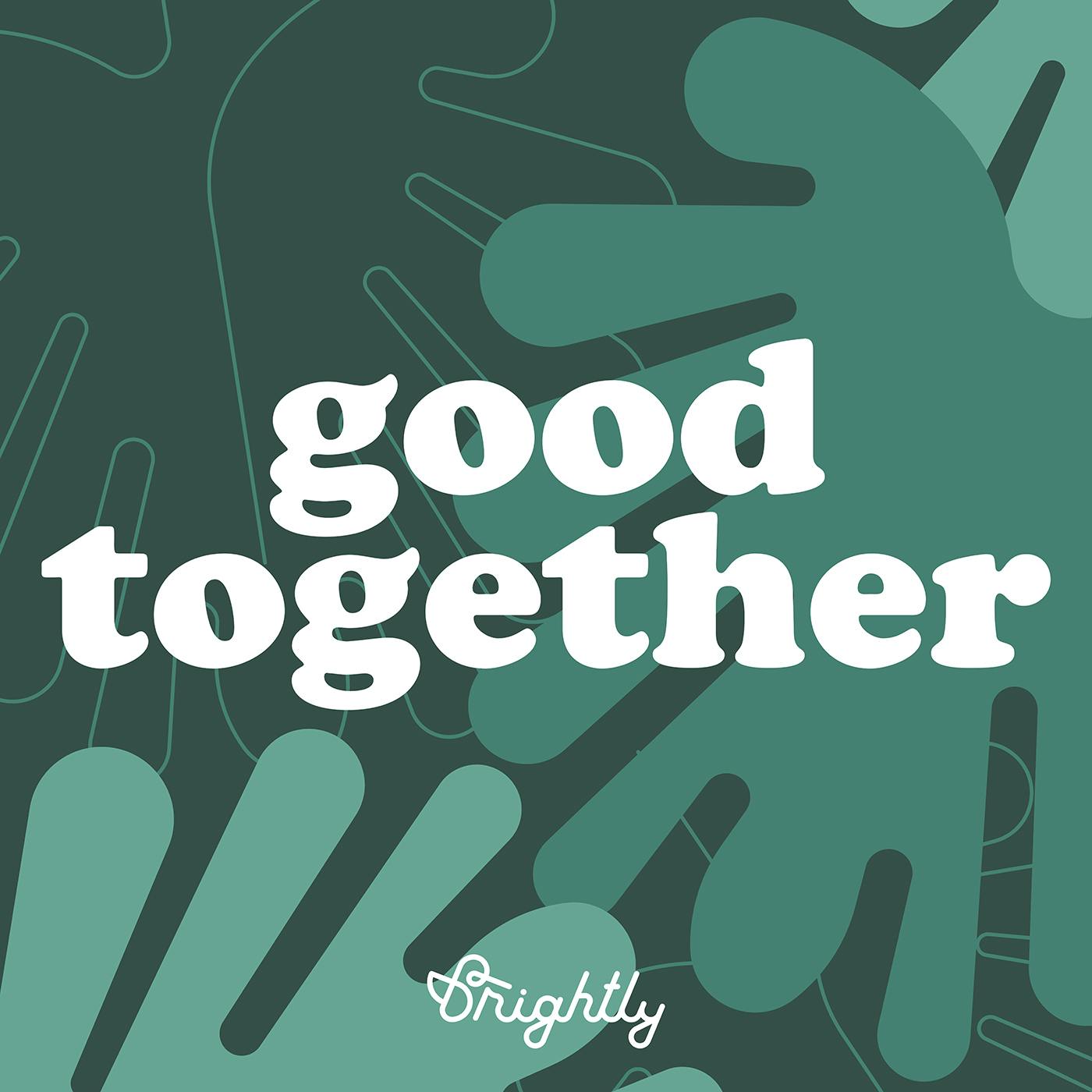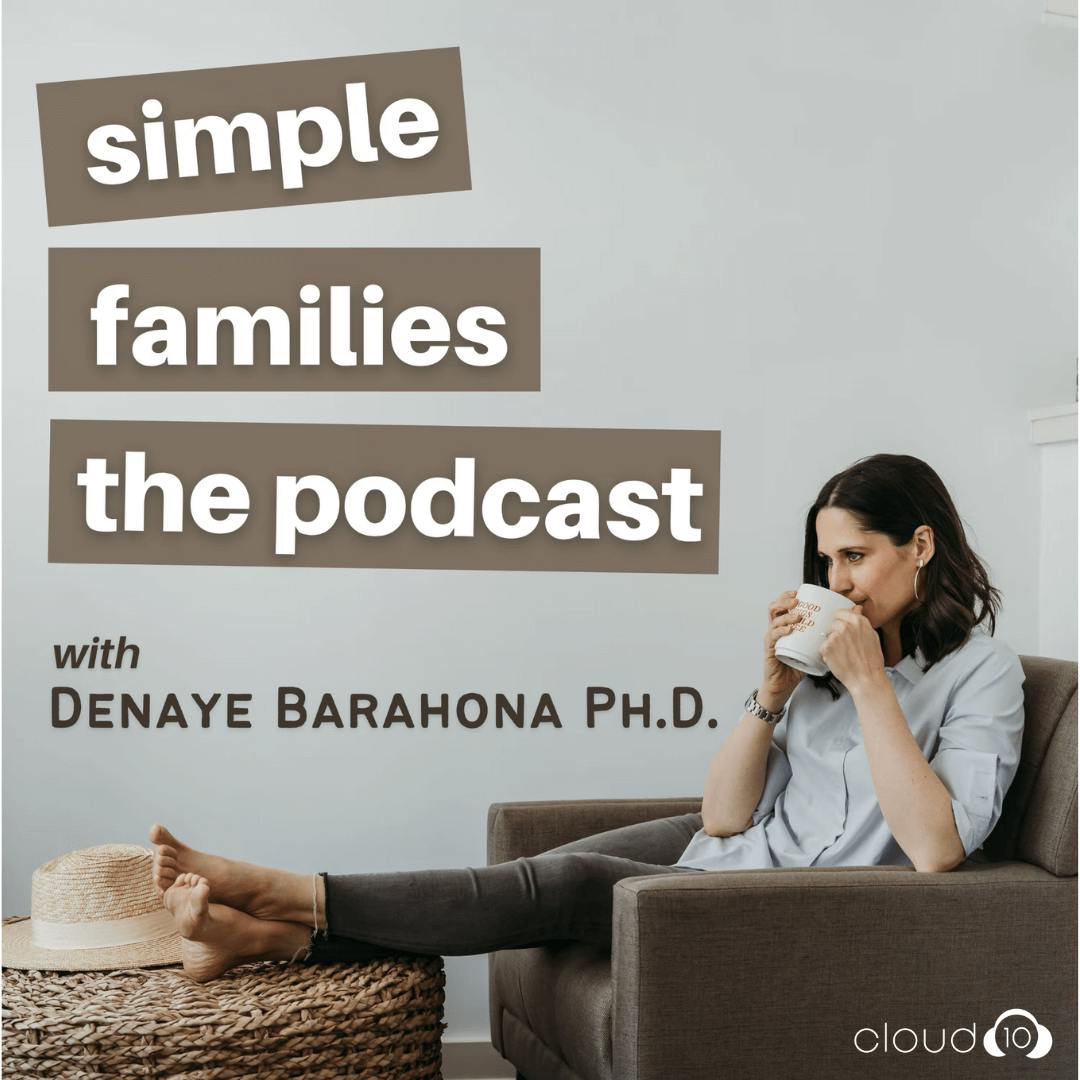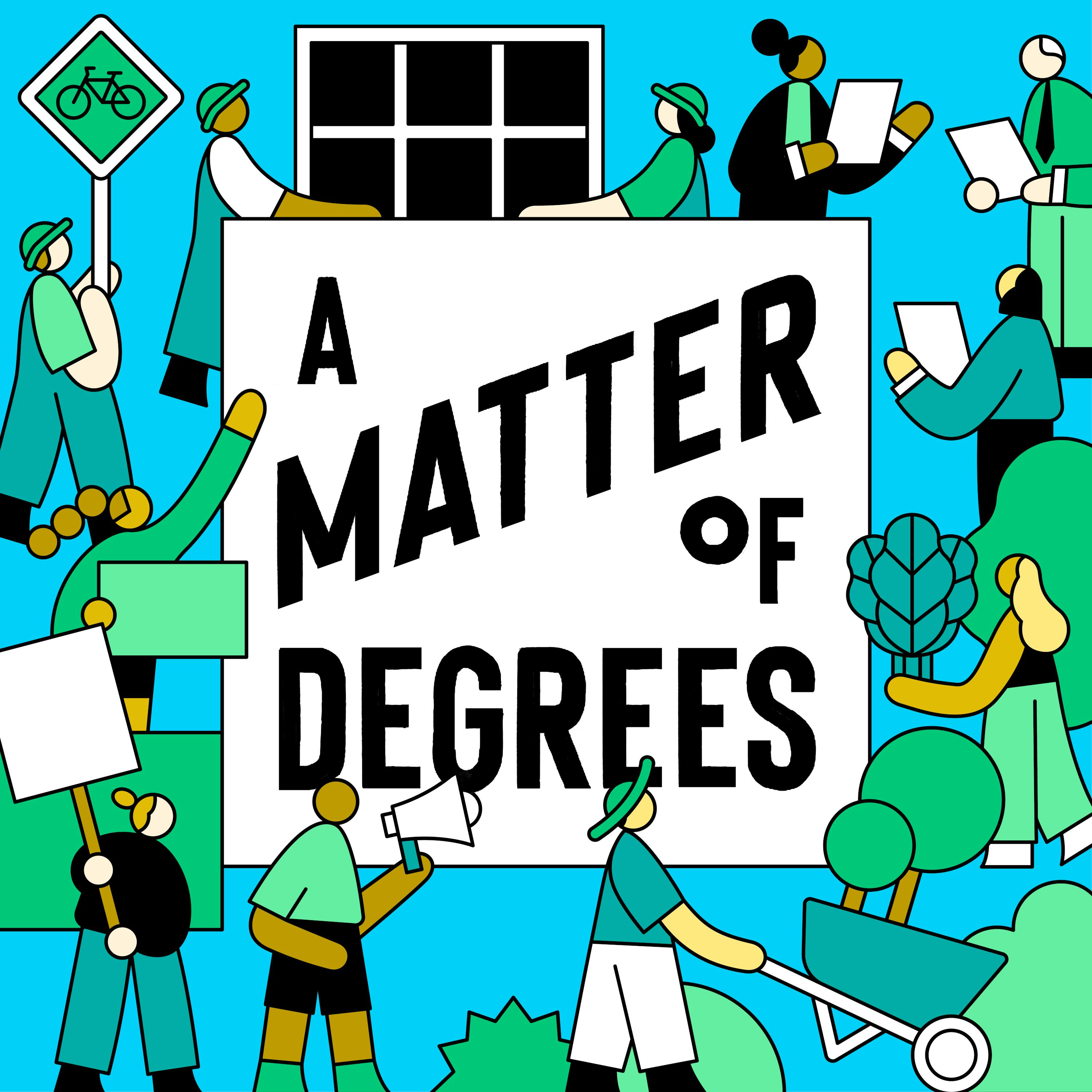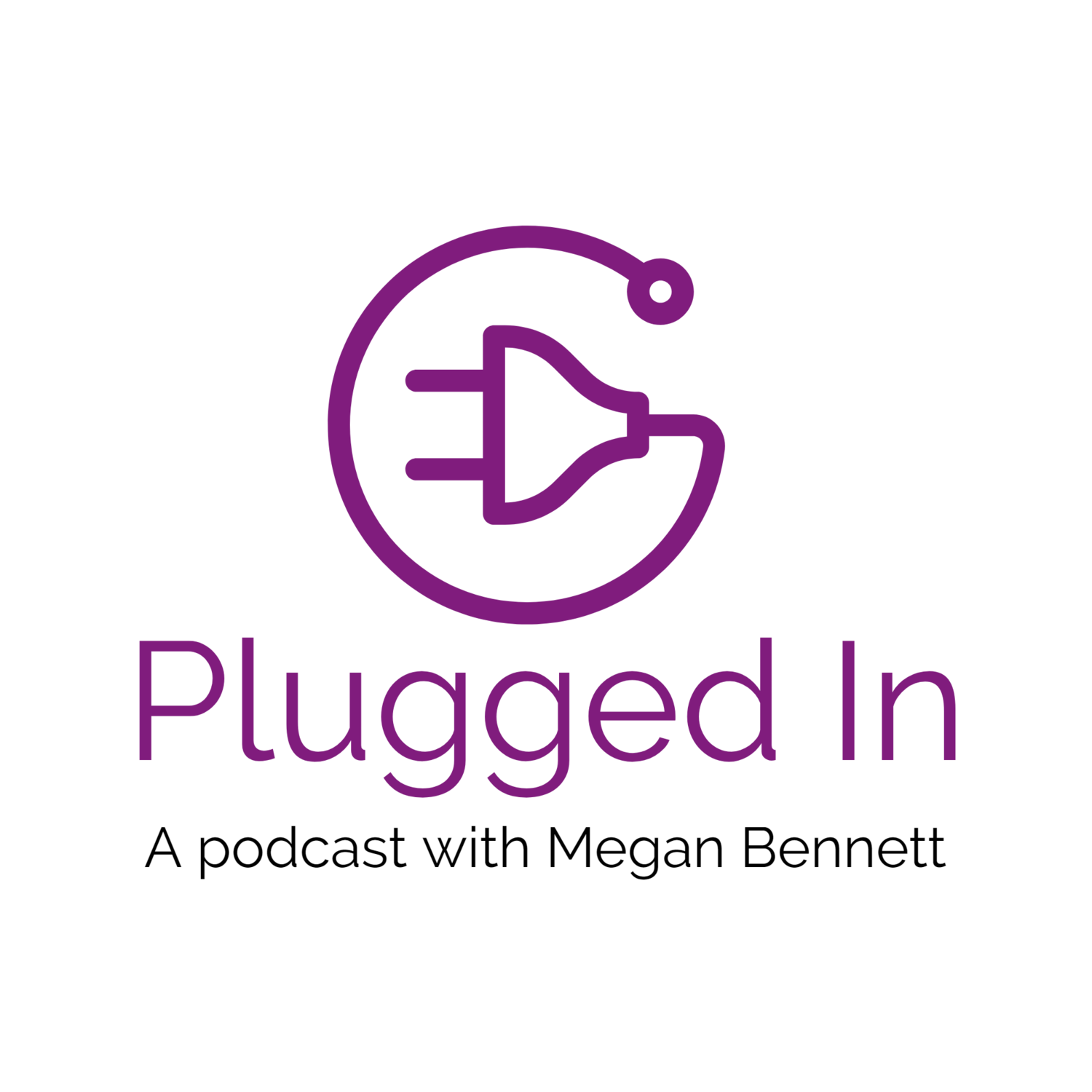
Sustainable in the Suburbs
Want to waste less, save more, and make your home a little more eco-friendly? Sustainable in the Suburbs is your go-to podcast for practical, judgment-free tips and real-life stories to help you build sustainable habits that actually stick.
Hosted by Sarah Robertson-Barnes — a suburban soccer mum, sustainability educator, and founder of the blog Sustainable in the Suburbs — this weekly show brings doable advice, honest conversations, and actionable ideas to help you waste less, spend smarter, and live more sustainably at home.
Because sustainable living doesn’t have to be perfect to matter — and you don’t have to do it all to make a big impact.
Start where you are, use what you have, and live a little greener.
Sustainable in the Suburbs
1: Can You Be Sustainable in the Suburbs?
Can you really be sustainable in the suburbs? In this inaugural episode of Sustainable in the Suburbs, host Sarah Robertson-Barnes shares her personal journey and offers practical, relatable ways to embrace eco-friendly living — even amidst the challenges of suburban life.
You’ll hear why sustainable living is about small, manageable shifts (not perfection), why the suburbs are an essential part of the climate conversation, and how building community and shared responsibility can make a lasting impact.
This episode will encourage you to recognize your existing sustainable practices and inspire you to take actionable steps toward a greener lifestyle — right where you are.
Takeaways
- Sustainable living should be accessible to everyone.
- The suburbs are a crucial area for sustainable change.
- Real-life solutions are more important than perfection in sustainability.
- Sustainable living should fit your life, budget, and values.
- Community is critical for a greener future.
- Every small step contributes to a larger impact.
One Small Shift
This week, take a moment to list four or five things you’re already doing to live more sustainably. Recognizing your existing habits can be a powerful first step — you’re already on this journey!
Resources
My Plastic Free Life - Beth Terry
Connect With Me
Sustainable in the Suburbs is mixed and edited by Cardinal Studio
If you enjoyed this episode, I’d love it if you followed the show, shared it with a friend, or left a rating and review. Every little bit helps more people find Sustainable in the Suburbs — and live a little greener.
Sure, some of us can fit our trash into a mason jar, and some of us have to go to Costco. Welcome to Sustainable in the Suburbs, a podcast for the eco-curious who want to live a greener life and are looking for a place to start. I'm your host, Sarah Robertson Barnes, a soccer mom with a station wagon and a passion for sustainable living. Each week, I'll bring you practical tips and honest conversations to help you waste less, save money, and make small, doable shifts that actually fit your real life. Because sustainable living doesn't have to be perfect to matter, and you don't have to do it all to make a difference. Hi, and welcome to the very first episode of Sustainable in the Suburbs, the podcast where we talk about real life ways to live a little lighter on the planet without burning out or going broke. So if you care about the planet, but tackling climate change feels very overwhelming, or you want to get started, but you're stuck between guilt or burnout or a budget that's already stretched. and you're juggling a busy family with packed schedules, sports, endless laundry, and wondering how you're supposed to go zero waste on top of it all. If you've ever felt like sustainable living is only for people who can fit a year's worth of trash into a mason jar, you're not alone and you're definitely in the right place. I'm your host, Sarah Robertson Barnes. I'm a sustainable living educator and content creator, a former high school science teacher. oh and a current suburban soccer mom with a station wagon and a soft spot for secondhand everything. And I'm so glad you're here. I've been wanting to start this podcast for years. And after being a guest on so many thoughtful and inspiring shows, I realized that I could talk about this forever. As an educator, I love helping people make connections between their daily choices, the bigger systems that we're all a part of, and the potential we have when we start to shift things together. because most people already care about saving the planet. But what they need is a place in, a place to start, and some concrete, how do you do it, tips. So this show is about turning awareness into action and helping you feel like your efforts actually matter, because they do. We're not here for perfection. We're here for progress, for real life solutions, and for building a movement, one small shift at a time. because real action starts where we are, in our kitchens, our routines, and our everyday choices. And for a lot of us, that means the suburbs. Because let's be honest, suburban life wasn't designed with sustainability in mind. It's built for cars, not community, for big box stores, not bulk bins, and for convenience, not connection. And that makes living lighter on the planet harder, especially for busy families. When you're juggling work and school lunches and errands and sports and the never-ending laundry and just trying to get dinner on the table, it's easy to feel like sustainable living is something for other people. people with more time or more money or even access to a fancy refill shop. But here's the thing, over half of Americans and nearly two thirds of Canadians live in suburban communities just like mine. So the suburbs shouldn't be a write-off in the climate conversation. If we're talking about where large scale everyday change can happen, it's here. If we can make sustainable living work in the suburbs, we can make it work anywhere. I've been on the sustainability journey for a long time. and I've kissed a lot of frogs and I've tried almost everything. I've tried the whole fit my trash into a mason jar thing, which, did not work. I've tried making my own toothpaste and bought secondhand bathing suits. I've also burned out and regrouped and figured out what actually works in real life. And what I've learned is this, sustainable living has to be sustainable for you. It has to fit your life and your budget. your time and your values. That's what this show is all about. Each week, I'll be sharing a mix of solo episodes and honest conversations with people who are also figuring it out in different places with different priorities, but all with the same goal to live a little lighter on this planet. We'll talk about things like food waste and fast fashion and secondhand shopping, recycling, plastic free-ish living, and what to do when it all just feels like too much. My hope is that this podcast becomes kind of a companion, something you can listen to while you're folding laundry or driving to practice or making dinner. Something that leaves you feeling more hopeful, more grounded and more ready to take your next small sustainable step. So before we dive into future episodes, I wanted to take a minute to share a bit of my own story and how I ended up on this path, why I care so much about this work, and how my approach to sustainable living has changed over time. So I've always been called a tree hugger and a bleeding heart since as long as I can remember, even when the people around me were different. I've always just sort of been this way. I grew up in the 80s where I heard a lot about the hole in the ozone layer and acid rain, but it wasn't until I had a really cool high school science teacher who introduced me to climate change. This was at the time of the Kyoto Protocol, so early 1990s, and she was very doubtful that those targets would be met, and she was right. She actually inspired me to become a high school science teacher as well. I've always been very drawn to helping people understand connections. So whether that was in a simple scientific way. So for example, this is how protein synthesis works. This is how photosynthesis works. Or whether that was helping kids see how that mapped on to. the larger systems, whether it was in the environment or socially and what have you, but what is the connection between what's going on in this single cell and the whole planet within your social circle and within our town, that sort of thing. Just how it all blends together is a really important way of seeing that you don't have to be the whole tapestry. but the string that you are is very important to the integrity of the whole thing. So when I left for university, that's when I finally became a vegetarian. I started shopping in bulk and secondhand just out of budgetary necessity. And those are all habits that I've carried through with me up until today. Eventually, when it came time for my husband and I to start a family, we were going through infertility. and repeat pregnancy loss. And while going through the medical process for that, I also started to see what I could do at home. And I got into researching not only how our personal care products could be influencing our health, but also the plastic that they came in. And that's when I found a book called My Plastic Free Life by Beth Cherry. And it really changed my perspective. I started to look around at all of the plastic in my life. and see that it was everywhere. It was ubiquitous. It was an absolute avalanche of plastic. And I started to make more plastic-free changes coming out of that whole episode. And also understanding that the plastic that was in my life is not necessarily my individual failure, but a symptom of the system that we're living in all the way from... manufacturer to the end of life of that product. So when our first child was born, we wanted to make every effort to have that be as low impact as possible. So that was everything from finding clothing and furniture and other accessories, baby slings, all that sort of thing secondhand. But we also cloth diapered in an apartment with coin laundry. We used my favorite product that we got was a convertible bottle. So it was like a small little stainless steel, clean canteen that could quote grow with them. So it went from being a bottle to a sippy cup to just a regular bottle with a regular top today. And that kid is going to high school in the fall and still rocking the same bottle. So, and then in 2016, I happened to stumble upon the plastic free July movement on Instagram. which is exactly what it sounds like. It's making every effort to be plastic free in July. And we can talk about that more another time. And it also led me to the hashtag zero waste community. And at that point I realized that there were all kinds of quote weirdos like me out there who were making efforts to reduce single use plastic in their lives, reduce their household trash and lean into alternatives. That was a huge. shift in how I was doing this sustainable living thing. I learned so much. I was exposed to so many different kinds of folks and also understanding that what's in my bin is such a small slice of what's going on within larger systems that need to be addressed. So it's opened my eyes in ways that I never knew possible and I'm still learning so much every day. And I think that's one of my favorite things about all of this. At that time, I decided to start a public account. That's my at Sarah Robertson Barnes on all the things. Sharing my family's sustainability journey and learning and trying to show folks what we were doing in our lives and offering up any insights and tips that I had, asking for feedback and making really awesome connections in that online community. In terms of burnout, that's when it... when my sustainability journey really amped up with the whole zero waste thing, that's when I swung way too far into being very rigid and thinking that everything had to be perfect and fit all of my trash into a mason jar and never buy any plastic ever and definitely never show it online. And that really led to some burnout. I did absolutely try the trash in a mason jar thing and that didn't work and it felt so stupid. It's just not possible. I do not recommend it. I also sort of went into overdrive and started making everything from scratch, from toothpaste to mouthwash to salad dressing, you name it, all in the name of avoiding plastic bottles. And that also became too much. And so what I realized then was not, right, well, I can't do everything, so I'm going to do nothing. No, what I realized was the importance of balance and flexibility and focusing on what was sustainable for me at that time. And that has, that has shifted as my children have gotten older, as I've gotten older, as different types of sustainable products have become more widely available. It's going to be an ebb and flow. You do what you can. where you can, when you can, with what you can. At the heart of all of this is one simple truth. I care deeply about the future that we are leaving for our children, not just mine and yours, but everyone's. I'm very drawn to the Native American proverb, we do not inherit the earth from our ancestors, we borrow it from our children. I deeply believe that we are not separate from nature, we are nature. And so I want to help people reconnect to the planet and to each other through their daily sustainable living practices. So if you take one thing from this episode, I hope it's this. You do not have to do it all and you do not have to do it perfectly, but you can do something and that something matters. Sustainable living isn't about giant leaps. It's about making one small shift at a time. So each week I'm going to leave you with a quick tip in a segment I'm calling One Small Shift. This week, I want you to take a minute and make a quick list of four or five things that you are already doing to live more sustainably. So maybe you bring a reusable water bottle with you, or you bring your own bags to the supermarket, or you compost, or you love thrifting. Whatever it is, I just want you to start a list for yourself in your phone or a little notebook, noticing the things that you are already doing, habits that you have already integrated into your daily practice. because if you're here, you're already on this journey. And sometimes the first shift is simply recognizing that you are already showing up. Okay, so that's it for this first episode of Sustainable in the Suburbs. If you enjoy this episode, it would mean so much if you subscribe or leave a review or even just share it with someone else who you know is a little eco-curious and looking for a way to get started. There's so much more to come and I can't wait to share it with you. Until next time. Start where you are, use what you have, and live a little greener. Thanks for tuning in to Sustainable in the Suburbs. Every small step adds up and I'm so glad we're doing this together. If you enjoyed this episode, please make sure to follow the show, share it with a friend and leave a review wherever you get your podcasts. You can find me at sustainableinthesuburbs.com or at Sarah Robertson Barnes on all the things. Until next time, start where you are, use what you have and live a little greener.


![[OLD IMPORT] Green Dreamer: Seeding change towards collective healing, sustainability, regeneration Artwork](https://img.transistor.fm/Cu7NhHL7AkMmLzHdklSCPpCReUYOwJA3MsPaYf0GyVQ/rs:fill:0:0:1/w:1400/h:1400/q:60/mb:500000/aHR0cHM6Ly9pbWct/dXBsb2FkLXByb2R1/Y3Rpb24udHJhbnNp/c3Rvci5mbS9hZWY0/MTZkZjU2NTNmM2Ez/YzFmMjU1ODRhMzRk/YmE3ZC5wbmc.jpg)
